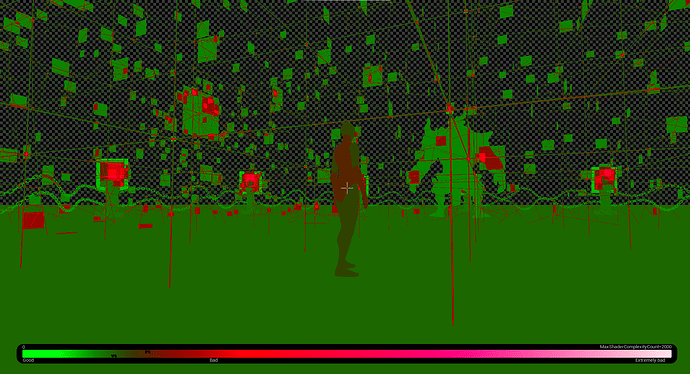Thank you for taking an interest in my small project. They’re not really advanced, just a few tricks. ![]()
- I mostly create these effects in Niagara. In the blueprint, I set a key to drive the parameters exposed from Niagara.
- For the 3D grid, I spawn several sets of particles placed in a grid location (the big white dots) and then spawn ribbons to connect them. As you mentioned, they fade based on a certain distance threshold.
- I create the numbers using the default
debugscalarnode in the material editor and connect it to the dynamic parameters. The value is set randomly in the Niagara system. - The materialization is a lerp between the target position and the initial position (which I set to collapse to the floor).
For the orange scanline, I explained how to create it in a similar thread (Anyone know how the masked post process was done? for Unreal Engine btw [Solved!] - #2 by Jukerlaw). It’s actually part of the same post-process material, so it’s pretty cheap and optimized. There are a few ways to achieve similar effects, like using a cube mesh and only rendering the wireframe, but that method is quite costly in terms of performance. ![]()
